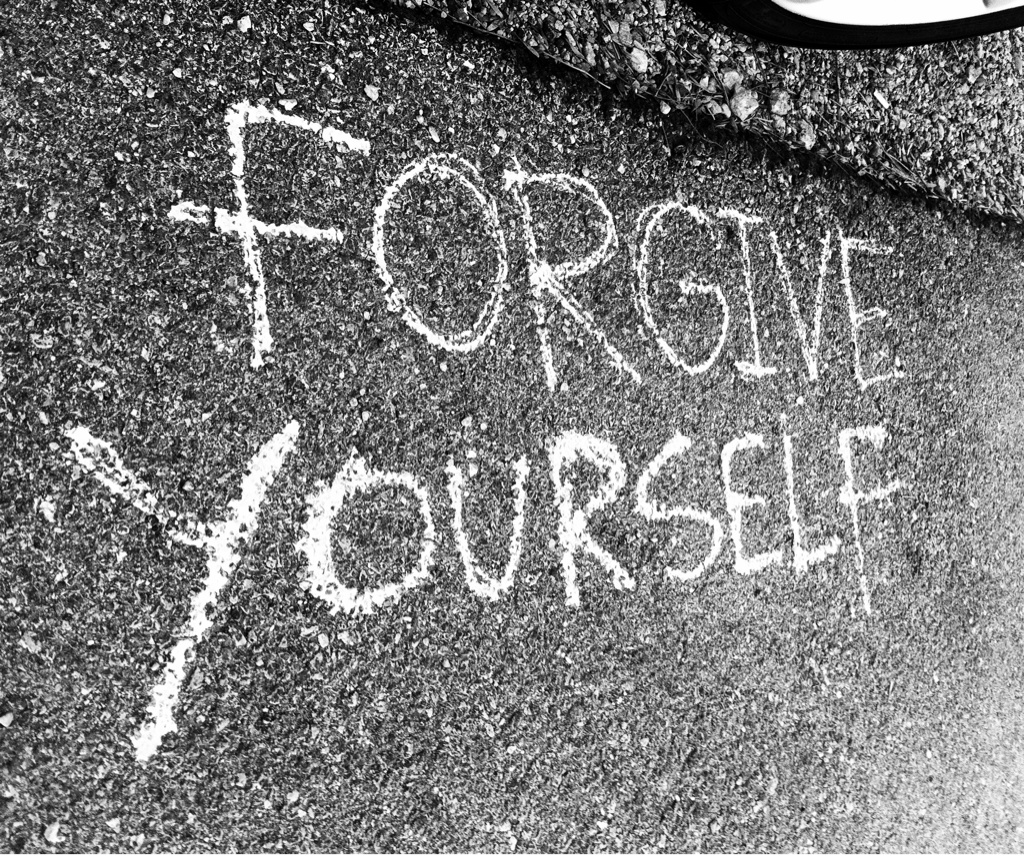
“To forgive is to set a prisoner free and discover that the prisoner was you.” Lewis B. Smedes
Forgiveness is a decision. It doesn’t just happen. It’s a choice we make, a choice to let go of our past hurts. Fundamental to that choice is our understanding that we cannot have a better past. The past is gone. It’s over. The good news is that we have hope in the future. What we do today will impact our future.
Forgiveness means, first and foremost, forgiving ourselves; forgiving ourselves of internalizing blame, shame, and low self-esteem; forgiving ourselves for carrying the weight of secrets and hurt for which we were not to blame. Forgiveness means recognizing that we are all worthy of being freed of our pain and hurt. If God is willing to forgive us for our sins against Him, certainly we can forgive ourselves for our sins against ourselves.
Try some of these exercises to learn how to forgive yourself.
- Stand in front of the mirror for the next 30 days and, each day, repeat these words: “I love (your name). I forgive the pain I’ve inflicted on me that caused me to feel bad about who I am. I’m confident. I’m a victor not a victim because I can do all things through Christ who strengthens me.”
- Write a letter to yourself, expressing your pain. Nothing is too dark or too wrong to be forgiven. Then, with a dear friend, conduct a ceremony during which you burn your letter. If you have actually wronged someone, reach out to them and ask for their forgiveness. If that person is not available, do what you must to forgive yourself. Forgiveness is for you. It’s an ongoing act.
